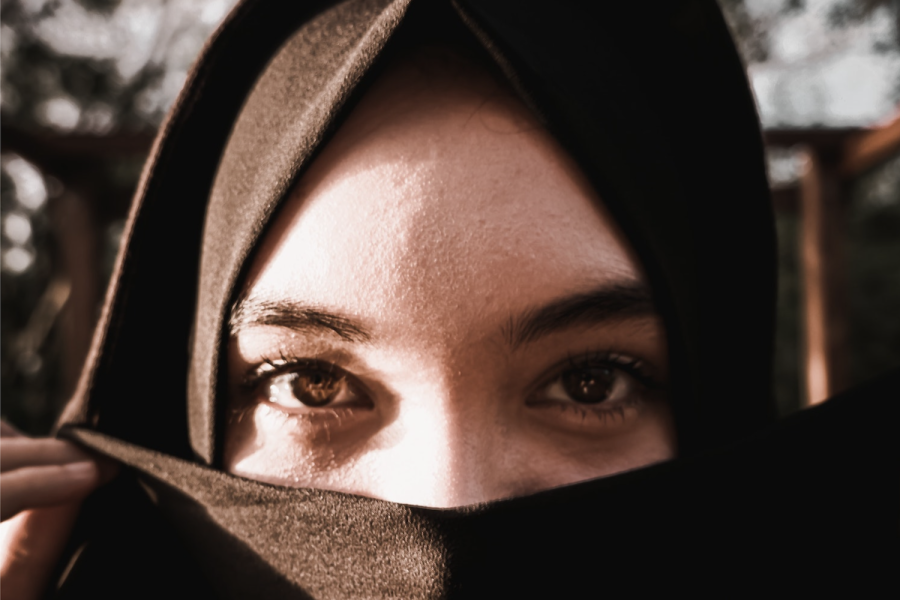As the World Cup in Qatar came to an end Dec. 18, the country gained substantial international media attention regarding the human rights controversies committed in preparation for the event. However, it is essential to recognize that aside from Qatar, various Western countries inflict similar violations on their citizens.
In particular, countries have violated the fundamental right of freedom of religion. France, one of the countries violating this freedom, did not gain the same amount of backlash Qatar is currently receiving. For countries committing similar human rights violations, each should be held equally accountable for their actions.
Since Sept. 14, 2010, France has implemented a ban against clothing containing a face covering, including Burkas and the Niqab. If one are seen wearing anything of the sort in public, they will be fined €150.
Along with this ban, former President of France Jaques Chirac proposed a ban on all religious signs from state schools in 2004. This ban was originally aimed at girls who wear Muslim headscarves, according to The Local.
Furthermore, swimming costumes, such as burkinis, have been banned in public swimming pools in France. Similarly, the French Football Federation banned Muslims from wearing the hijab and banned Jews from wearing the kippah. French senators similarly proposed the “anti-separatism bill” to ban girls under the age of 18 from wearing the hijab. Luckily, this bill was not passed, but its consideration is concerning.
In Qatar, many human rights are also being violated by extreme measures. For example, women are disadvantaged by the government’s strict rules imposed, particularly through a male guardianship system that ties women to a male figure who must make decisions for them.
Adding on, up until a woman is 25 years old, she is not allowed to be married, leave the country or work specific jobs without a man’s permission.
Article 9 in the Universal Declaration of Human Rights rules for fundamental human rights and ensures the freedom of thought, belief and religion, and Article 10 protects freedom of expression. Lastly, Article 14 ensures protection from discrimination in respect of these rights and freedoms.
These articles prove that both France and Qatar have violated some of the human rights citizens naturally possess. Unfortunately, one country is exempt from facing the same amount of backlash that Qatar currently faces for similar violations. While Qatar’s violations are arguably more severe than the rules France is imposing, there is little to no light being shed on the current situation in France.
The media pinpointing certain differences with contrasting cultures is occurring more than ever. Many individuals are exposed to Qatar and its regimes for the first time. France’s laws are fairly similar to that of more Western nations, making the masses of tourists think the country fits their ideal standards.
On the other hand, the sudden mound of tourists in Qatar has played a significant role in the attention placed on the country and its regimes, while France has always had a large number of tourists coming in and out of the country.
Throughout the world, discrepancies in media portrayal of human rights violations can be seen in other many other contexts. My question still stands for others to interpret and wonder: Why is one country exempt from facing the same amount of backlash that Qatar is currently facing for roughly the same issue?
By obtaining an equal viewpoint on each country through viewing credible publications and understanding different news stories, these double standards regarding accountability will be more visible to many others around the world.





